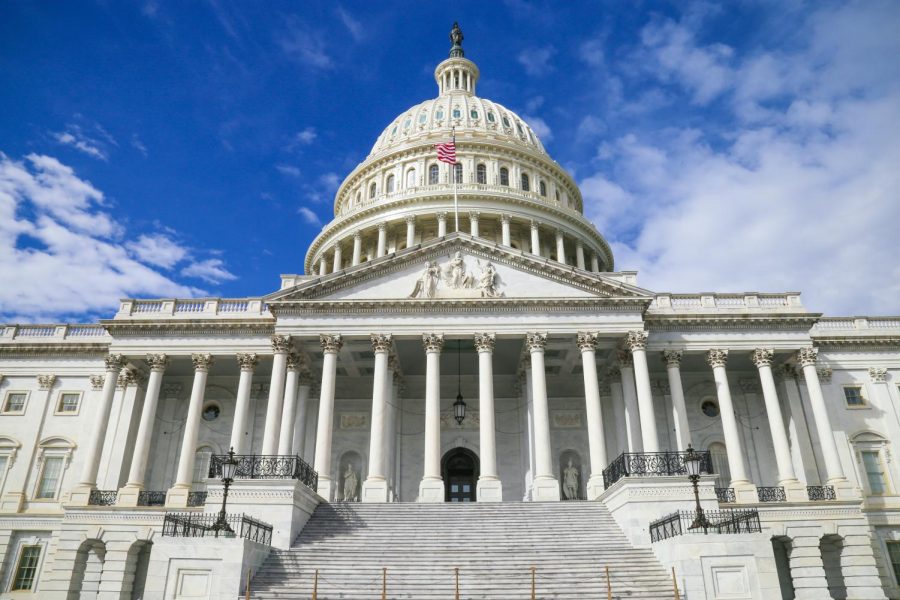Biden Proposes Tax Increases in Infrastructure Plan
April 25, 2021
On March 31, President Biden unveiled the infrastructure portion of his Build Back Better plan: a $2.3 trillion plan including provisions for repairs, green investments, and domestic manufacturing. Biden is planning for a summer approval vote of his plan, hoping to encourage bipartisanship. The infrastructure plan comes with a series of tax hikes on the wealthy and on corporations, which are being met with Republican opposition.
Tax hikes on wealthy corporations are at the core of this plan’s financing. Of the options for tax increases to pay for the bill, there are two which Biden intends to “go for the mat for,” as reported by Axios. These priorities include an increase of the corporate tax rate and a global minimum tax on corporations’ foreign subsidiaries. Over ten years, these tax increases are estimated to raise a majority of the money required to finance this plan, which in combination with other tax increases and borrowed money, acts as a starting point towards the financing of the plan. Other suggested tax increases include an increase in income taxes by the highest-earning households, an increase in estate taxes, and a new minimum tax rate on America’s wealthiest people.
Firstly, an increase in the corporate tax rate from 21% to 28% is estimated to raise $730 billion over the next ten years, making up a majority of Biden’s largest tax increases. Republicans have begun to raise alarms about this increase, with Senator Mitch McConnell depicting it as a “Trojan horse” for significantly larger tax increases. According to CBS News, Republicans on the Senate Finance Committee have also described the increase as one which would put American businesses at a global disadvantage, and result in fewer jobs, a loss in wages, and lower retirement account values. However, according to tax experts, the burden of this tax increase will likely fall upon shareholders, who by themselves are mostly wealthy and in certain cases even non-American. The left-leaning think tank Tax Policy Center estimates that around 80% of the tax’s burden will fall on shareholders, with the remaining 20% felt by labor in the long term.
In addition to a flat corporate tax rate increase, the infrastructure plan also suggests a global minimum tax on corporate foreign subsidiaries. This plan would make it harder for multinational companies to qualify for federal tax deductions based on payments to certain foreign governments. Acting as a crackdown on offshoring, the relocation of a company’s operations overseas to take advantage of lower costs, the plan’s provisions would finance United States infrastructure while encouraging American companies to reinvest in the United States, creating jobs and economic growth around the country. While Biden’s infrastructure plan is ambitious and will cost a significant amount, it will be financed partially by important taxes which will have a positive impact by themselves.



